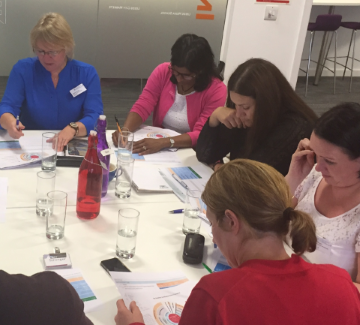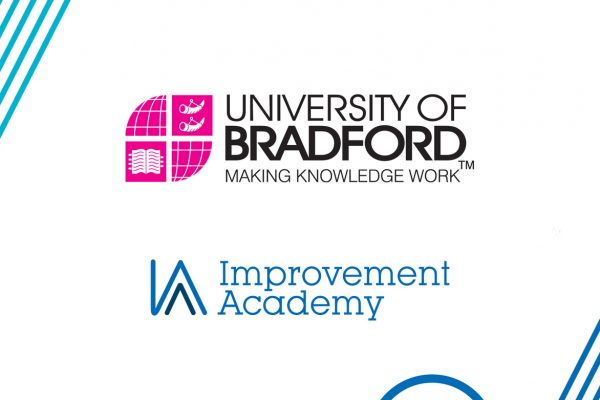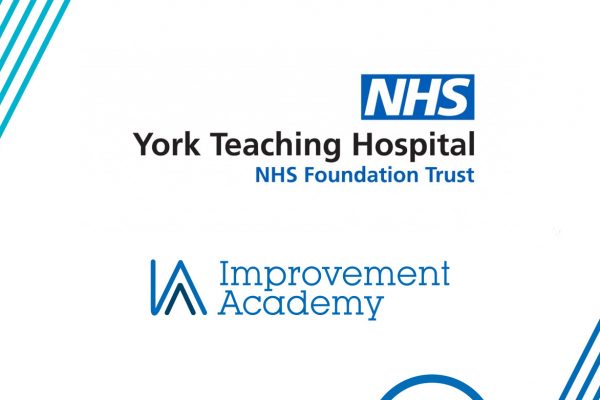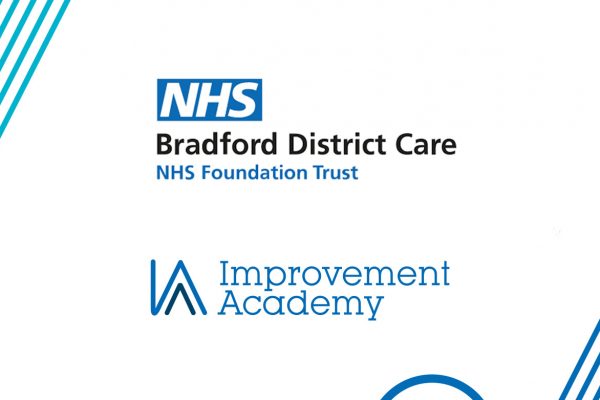In a nutshell: Learning from patient safety incidents using Significant Event Audit in general practice can be improved by the application of safety science. Our “GPs at SEA” programme supports GPs and CCGs to apply Human Factors thinking in the pursuit of safety. Feedback from our Train-the-Trainer programme suggests that our programme is helping to change the way GPs think about safety.
Why are we doing this?
The population covered by the CCGs we have worked with is around 3.25million people. It is estimated that, each year, this population will suffer from 80,000 urgent hospital admissions, 5,700 of these from avoidable adverse drug reactions alone. That is £16m of wasted NHS resource and inestimable amount of pain and misery. We will reduce this burden by ensuing that the NHS is able to learn from past errors. A 1% reduction in incidents would be 570 people receiving harm free care and saving the NHS £170,000 pounds.

What we did.
The Improvement Academy delivered ‘train the trainer’ education for members of staff from Clinical Commissioning Groups (CCGs) across Yorkshire & Humber. The education taught CCG staff how to apply Human Factors thinking to address identified problems. Human Factors is an approach to enhancing patient safety incident management through an understanding of the common causes of error.
| CCGs involved in ‘GP’s at SEA’ | |
| Harrogate & Rural District CCG | Calderdale CCG |
| Leeds West CCG | Vale of York CCG |
| Leeds North CCG | Bassetlaw CCG |
| Sheffield CCG | North Kirklees CCG (Pilot site) |
| Doncaster CCG | Leeds South & East CCG (pilot site) |
| Wakefield CCG | Greater Huddersfield CCG (Pilot site) |
Outcome
Each of the CCGs attending the education event developed an action plan to take the work forward. Examples of commitments made include:
- Changing the medicines optimisation teams’ objectives to include supporting practices to do Significant Event Audit.
- Delivering training in enhanced significant event audit practices covering to GPs 357,000 patients.
- Sharing an incentivisation package to engage GP practices in Significant Event Audit
- Championing the CCGs’ role in supporting GP practices to use enhanced significant event audit.
- Considering a case for investing in local incident management database.
- Sharing Significant Event Audits between CCG member practices.

Taking it one step further
Harrogate & Rural District CCG, covering a population of 159,000 patients, engaged the Improvement Academy to provide structured qualitative review of Significant Event Audits carried out by all 19 of their GP practices. The reviews were completed and each practice received a personalised report highlighting good practice and areas of improvement. Tony Jamieson, Clinical Lead for Medicines at the Improvement Academy presented the results of the reviews at the CCGs ‘protected learning time’ event open to all their GPs. The presentation was well received by the 98 GPs who attended from 17 GP practices. The review work and the presentation changed the way GPs thought about Significant Event Audit.
“Thankyou. You have reminded us all that Significant Event Audit is about patient safety, not just an exercise for [GP] appraisal”.
GP, Harrogate and Rural District CCG.




